Germany’s ruling traffic-light coalition — which has looked shaky since it was formed three years ago — has finally collapsed. Chancellor Olaf Scholz said he had no trust in his finance minister Christian Lindner, who leads the Free Democrats. Scholz’s decision to act against Lindner follows months of disagreements between Scholz’s Social Democratic Party (SPD), the Free Democrats and the Greens over budget policy and the country’s economic direction. A vote of confidence, which could pave the way for early elections, will take place early next year. As the ruling coalition has been busy tearing itself apart, Alternative für Deutschland (AfD) has been making headway, gaining support in several federal states.
The FDP has always been the ideological odd-one-out in the three-party coalition. Lindner’s party is keen on public spending cuts and lower taxes, while Scholz wanted to increase spending and suspend the constitutionally enshrined spending limit. Scholz’s SPD also sought to bolster a Ukraine support package by €3 billion ($3 billion) to €15 billion ($16 billion) and initiate a program to save jobs in the car industry. But Lindner and Scholz didn’t see eye-to-eye on these issues.
It was a disagreement that was impossible to reconcile. Scholz’s dismissal of Lindner was inevitable. A parliamentary confidence vote in his government will be held on January 15, which could trigger snap elections at the end of March if Scholz and his government do not receive a majority in parliament. Holding a parliamentary confidence vote is a way for a federal government in Germany to effectively call federal elections earlier than planned, as Gerhard Schröder, the last Social Democratic chancellor, did in 2005. But doing so is a big risk for Scholz.
Back then, Schröder ultimately lost to Angela Merkel and the Christian Democratic Union (CDU) in the federal elections. As things stand, history could repeat itself, since the CDU, under the leadership of Friedrich Merz, is far ahead in the polls. Scholz is expected to ask Merz for support in passing the budget and boosting military spending, which could further increase Merz’s strong position if the conservative leader responds wisely.
The “traffic-light coalition” has never been anything more than a dysfunctional alliance; the ideological differences between the Social Democrats and Greens on one side, and the Free Democrats on the other, were impossible to ignore. Lindner, a fiscal hawk, believes in lowering public spending, while the other two parties favor increasing the public budget through tax rises.
The largest economy in Europe has struggled for the past eighteen months, suffering from a 0.3 percent economic contraction in 2023, with the International Monetary Fund predicting zero growth for 2024 and only 0.8 percent growth for 2025. Meanwhile, the ruling parties could not agree on measures to revitalize the economy. Germany’s economic model has previously relied on cheap gas from Russia and still remains largely dependent on exports, recording an export quota of 47.9 percent of GDP in 2023. Consequently, Germany’s economy is highly susceptible to international turmoil or trade disputes, particularly with China and the United States.
While Germany’s economy is expected to recover in the years after 2025, the short-term future looks rather bleak. The mainstream parties are paying the price. In three state elections in September, the SPD, FDP, and Greens all suffered significant losses, while the AfD and the newly-formed Sahra Wagenknecht Alliance (BSW) made gains, with the AfD even winning the election in the state of Thuringia.
As if Wednesday wasn’t tumultuous enough, it was also announced that negotiations between the ruling CDU, SPD and the BSW in the state of Saxony had collapsed. The BSW insisted on including a strong statement for peace and against the war in Ukraine as part of a potential coalition manifesto. Without such a statement, there is effectively no mathematical possibility of forming a state government that has the backing of the majority in the parliament in Dresden without involving either the AfD or the far-left die Linke. All mainstream parties have so far refused to form coalitions with the AfD on the state level.
The federal elections were scheduled for September 2025. Support for the AfD will only continue to grow until then. SPD leaders have already confirmed that Scholz would once again be the party’s candidate for the chancellor’s office, but it appears his days leading the government in Berlin are numbered.
This article was originally published on The Spectator’s UK website.



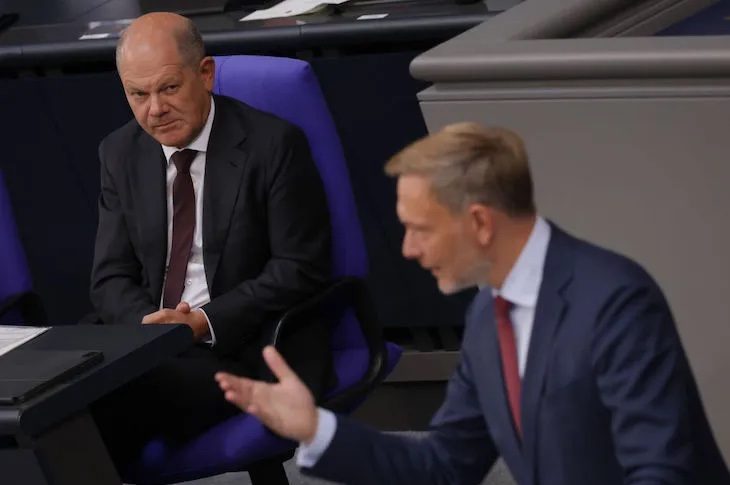









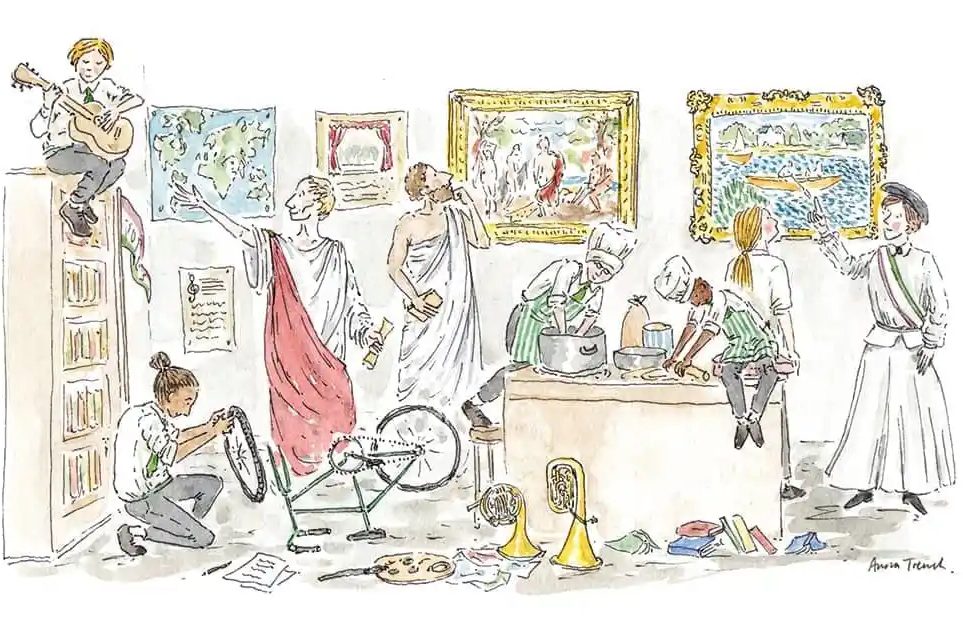
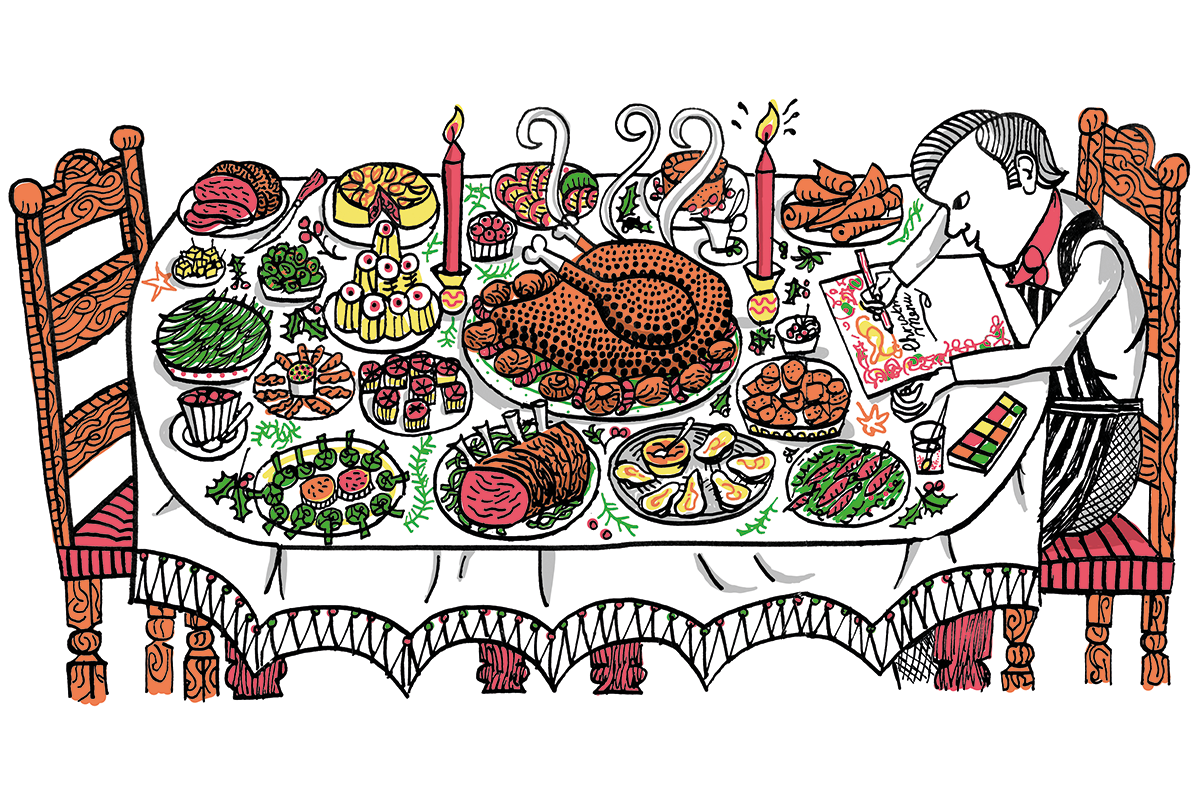
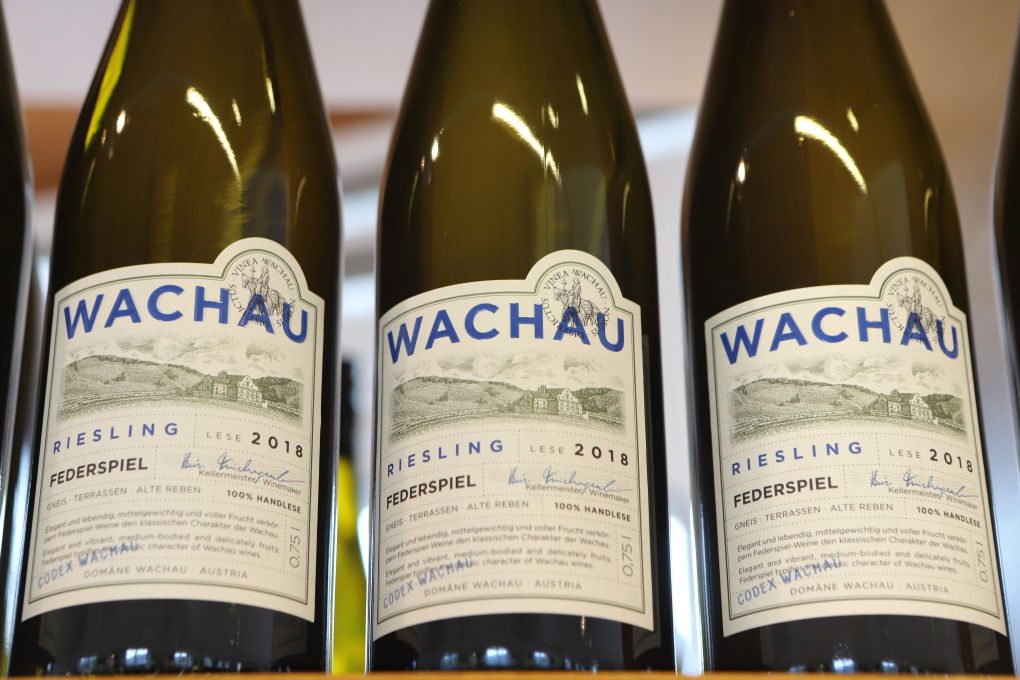
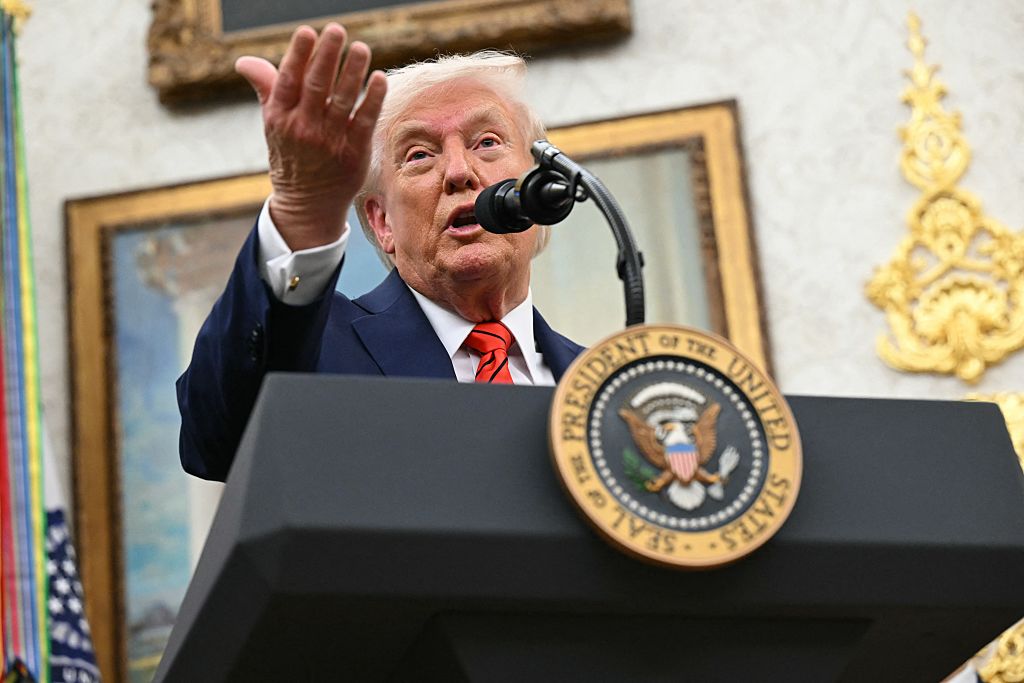
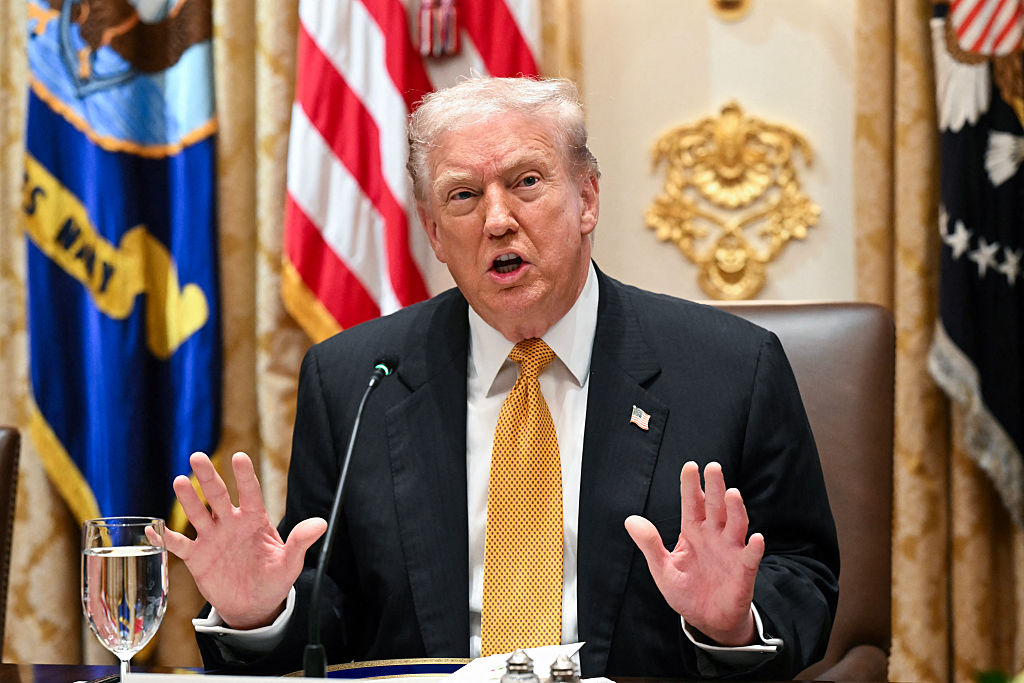
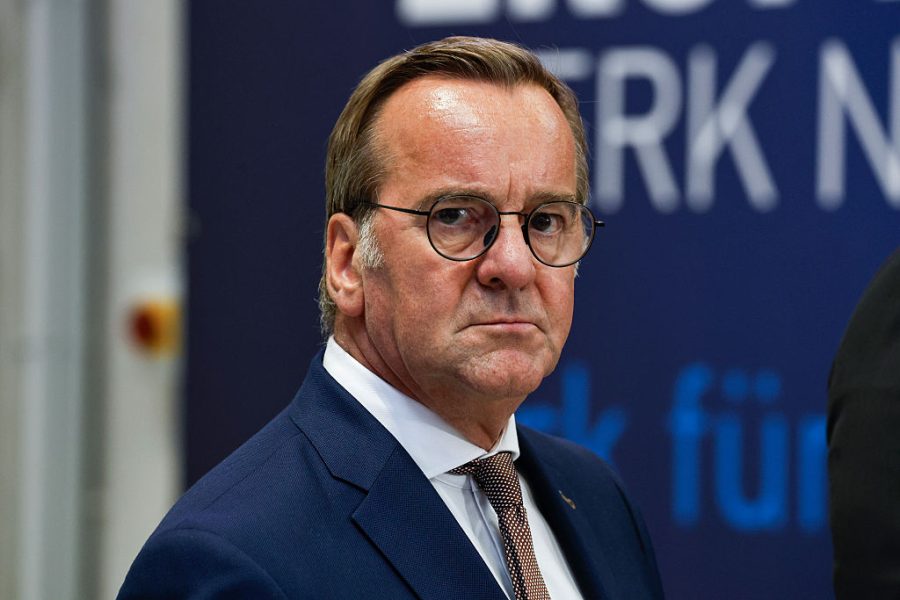







Leave a Reply